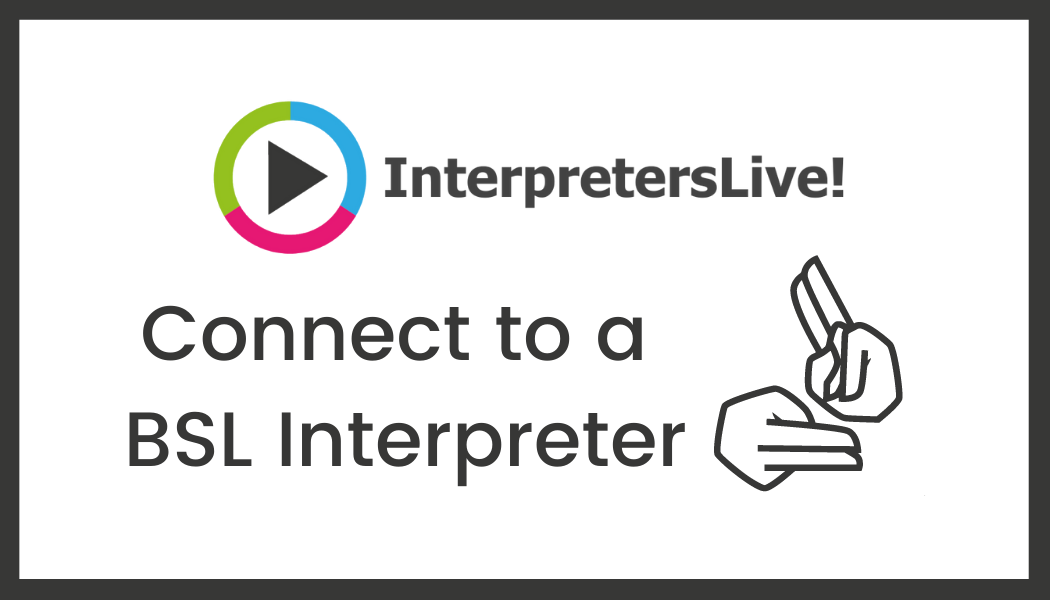
In a June 2020 BBC interview regarding the Black Lives Matter movement, England forward Raheem Sterling stated that black footballers feel they “have no representation in the hierarchy” and that now was the “time to implement” change in English football.
The following month, headlines emerged that the Premier League would not be introducing the Rooney Rule for minority candidates, with Kick It Out’s head of development, Troy Townsend, expressing concerns it doesn’t carry enough weight, and footballer Dwight Yorke describing the policy as “a joke”.
So, what is the Rooney Rule? And how does something designed to level the playing field spark such disparaging comments from football insiders? In this blog, we take a look at the history of the Rooney Rule and its adoption in English football.
What is the Rooney Rule?
The Rooney Rule was established in 2003 as a National Football League (NFL) policy that required league teams to interview ethnic minority candidates for head coaching and senior football operation jobs.
Named after Dan Rooney, the former owner of the Pittsburgh Steelers and former chairman of the league’s diversity committee, the policy was created in reaction to the 2002 firings of head coaches Tony Dungy of the Tampa Bay Buccaneers and Dennis Green of the Minnesota Vikings. At the time, Dungy had a winning record, and Green had just had his first losing season in 10 years.
The firings left just one black coach in the league, prompting a damning report and the formation of an ‘affinity group’ composed of minority coaches, with lobbying from the leagues to implement a new policy. The Rooney Rule was born.
Introduction in English football
The Football Association (FA) adopted the rule in January 2018, stating that at least one ethnic minority applicant must be interviewed by FA figures for coaching positions, from youth level up to the senior teams. In 2019, it was employed by the English Football League (EFL), following a pilot during the 2016/17 season.
Despite adoption from the FA and EFL, the Premier League stated in 2020 that it would not consider the Rooney Rule and instead focus on developing other anti?racism work.
The public shunning of the policy by the Premier League generated media attention, with many asking whether the Rooney Rule was a truly effective method of inclusive hiring for senior positions.
Does it work?
Following its introduction in the US, the NFL fined the Detroit Lions $200,000 for failing to interview a minority candidate for its new head coach role. The move sent a clear message to the rest of the league, and the numbers of minority head coaches increased from three in 2003 to eight by 2011.
Since then, however, things have changed. By 2019, eight head coaches became four, with the number of minority general managers decreasing from six to two. It’s thought that the appointment of Jon Gruden to the Oakland Raiders (now Las Vegas Raiders) was the catalyst for the downward spiral. The team’s owner admitted that Gruden had agreed to take the role before his predecessor was sacked. Following this, Raiders interviewed two minority candidates with the NFL concluding that the rule was not violated. Advocacy group, the Fritz Pollard Alliance (FPA), disagreed, stating that the interviews were not “meaningful”, as is required in the policy.
Criticism centres around a lack of adherence to and governance of the rule. Back in the UK, despite the EFL having the Rooney Rule in place, there aren’t any guidelines to punish non-compliance. Additionally, clubs are only required to interview a minority candidate if they operate a “recruitment process”, meaning there’s ample opportunity to work around it.
In June 2020, the Professional Footballers’ Association (PFA) called for the Rooney Rule to be strengthened, highlighting its loopholes regarding recruitment processes. A statement read: “Of the current 71 managers in situ at EFL clubs, 70 per cent were appointed during the season when a full recruitment process is unlikely. We are calling for the recruitment code to be mandatory for every managerial appointment, as of next season.”
As to whether the Rooney Rule is effective, the jury is still out. Thankfully, alternative solutions to improve diversity in senior positions continue to be introduced. In June 2020, the Premier League, EFL and PFA announced a new scheme to help minority players move into full-time coaching roles. Introduced for the 2021/22 season, it will give six coaches a 23-month work placement at EFL clubs per campaign.
Any initiative that aims to increase representation is a positive step forward for English football. Still, clubs must be measured and held accountable for inaction - not just by the architects of these solutions but by us fans too.
level= Your partner in action
Here at level=, it’s our mission to help every sports organisation, regardless of size or scope, bring diversity and inclusion to their leadership and broader teams. Whether you are building greater equity within your organisation or looking to take the next step in your career in sport, our team is committed to working with you to offer the skills, services and access to a globally diverse and level field of possibility.
Connect with us on 020 8392 9959 or email hello@levelequals.com.




